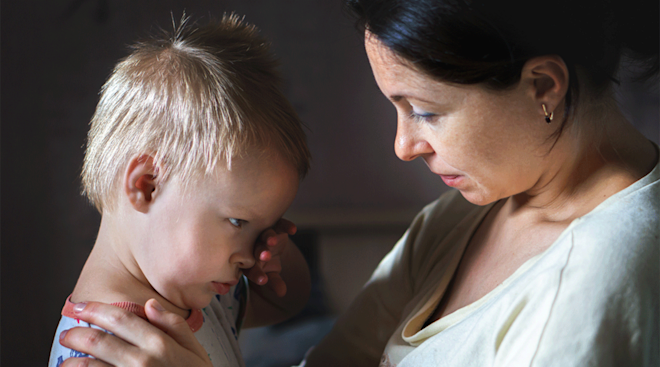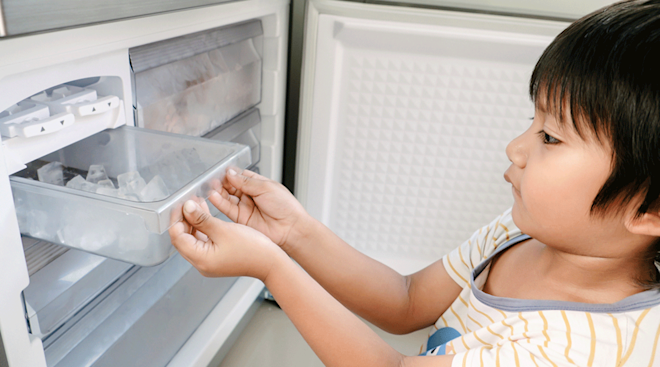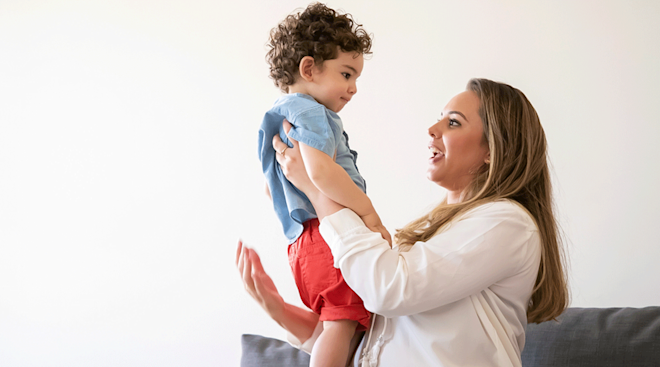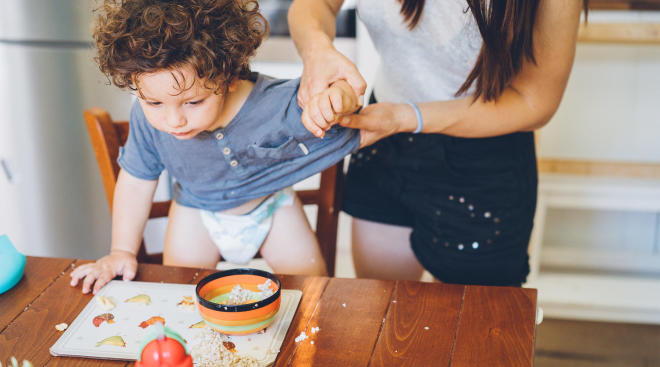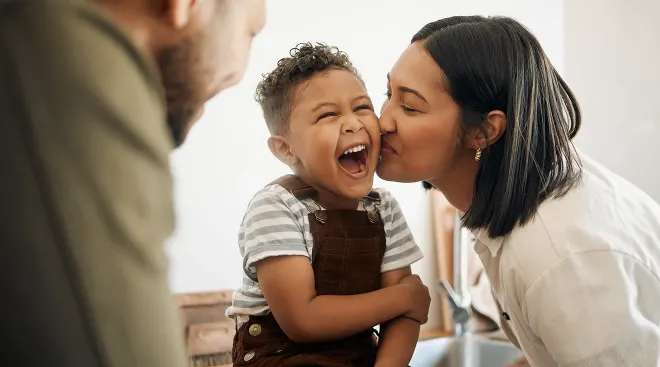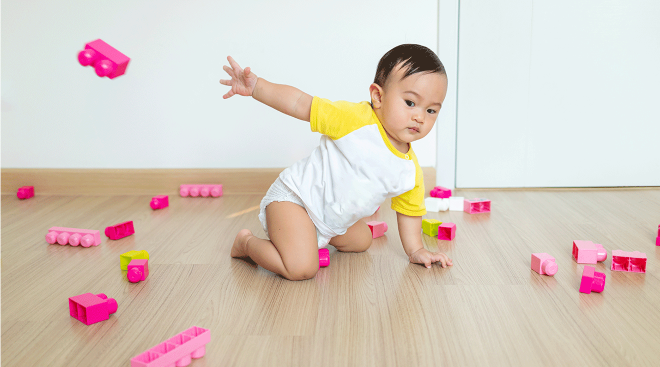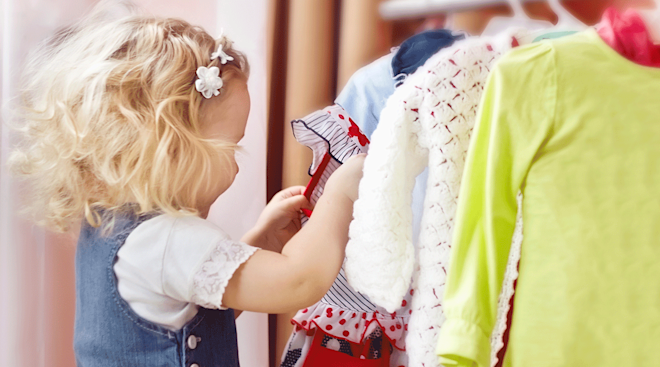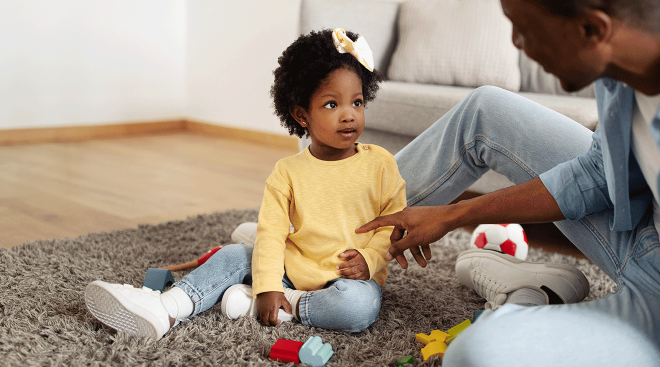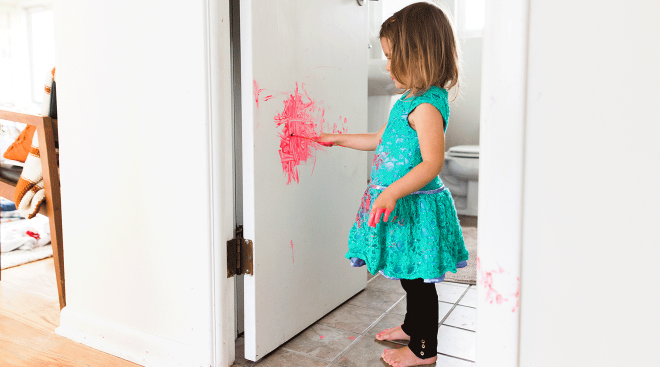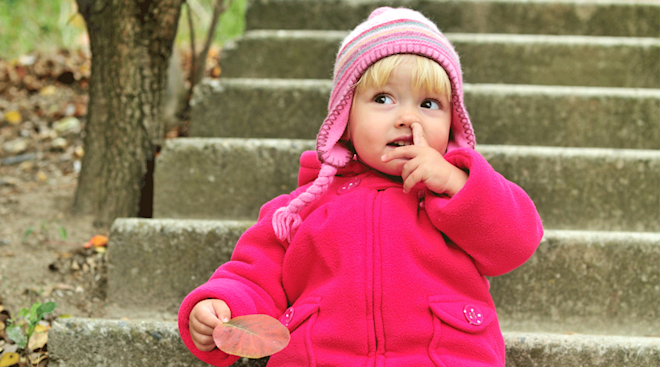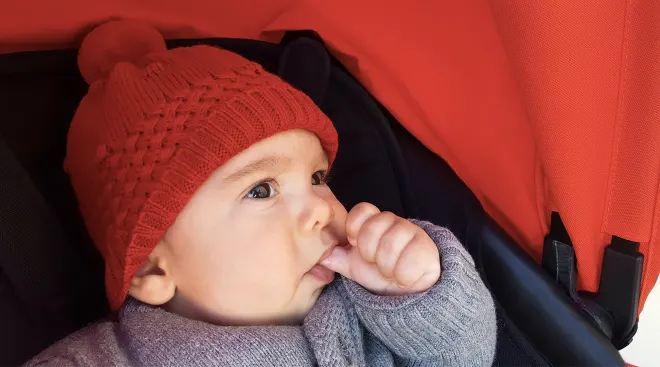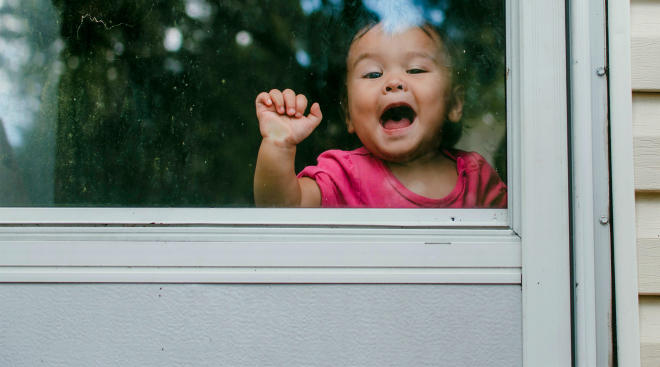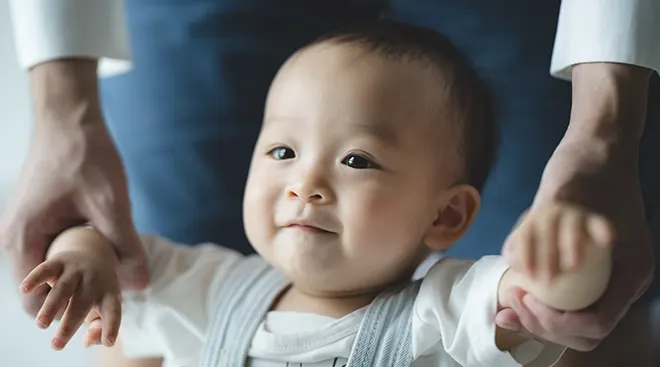Asking Kids to Be 'Little Helpers' Actually Makes Them Less Likely to Help, Experts Say
Who wants to be my little helper today?
We’re all guilty of asking kids to be our “little helpers,” but using the phrase may have an opposite effect, according to a study published in Childhood Development. Instead, the team of New York University scientists say parents should tell kids “to help,” because it encourages them to stick to the task even through setbacks.
Telling kids “to help,” instead of asking them to “be helpers,” pushes them to complete daily tasks that are difficult to get a handle on. Instead of using words to identify them—helper, reader or artist—the research suggests using verbs to talk about actions, pushing them to help, read and draw.
For the research, the team designed experiments in which kids ages four to five were either asked to be “helpers” or “to help.” In each situation, the children encountered a problem, such as a bin falling over after they already cleaned it up. Results showed kids who were asked “to help” were much more persistent after a setback compared to “helpers.”
The study contradicts an earlier 2014 study, which suggested asking children to “be helpers” led them to help more. The major difference between the studies is the focus on what happens after a child receives a setback. In the more recent study, researchers found asking children to “be helpers” backfires once something goes wrong with the task at hand.
“The new research shows how subtle features of language can shape child behavior in ways not previously understood,” explains Marjorie Rhodes, the senior author of the study. “In particular, using verbs to talk to children about behavior—such as ‘you can help’—can lead to more determination following setbacks than using nouns to talk about identities.”
Please note: The Bump and the materials and information it contains are not intended to, and do not constitute, medical or other health advice or diagnosis and should not be used as such. You should always consult with a qualified physician or health professional about your specific circumstances.
Navigate forward to interact with the calendar and select a date. Press the question mark key to get the keyboard shortcuts for changing dates.


































